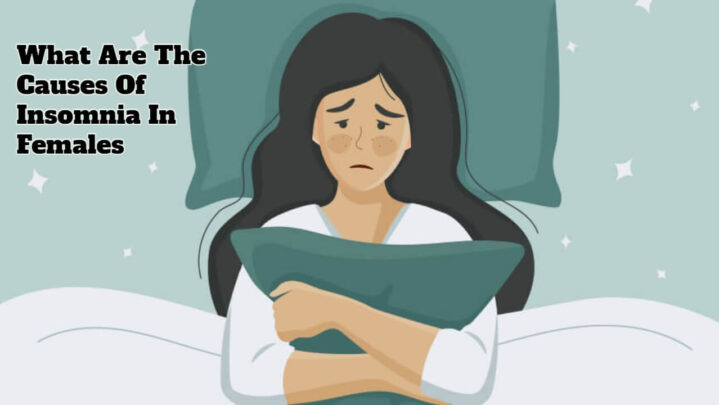Insomnia is a sleep problem affecting both men and women, albeit women are more likely to suffer. Insomnia is trouble falling or staying asleep, waking up too early, or getting poor-quality sleep, which leaves one exhausted and unrefreshed. Various variables, including biological, psychological, and environmental factors, can cause female Insomnia.
Hormonal changes: Women experience major hormonal shifts that might affect their sleep patterns throughout their lifetimes. Hormonal variations can disrupt sleep during menstruation, pregnancy, and menopause.
Stress and anxiety: Women are more prone to stress and anxiety than males, which can be a substantial factor in sleeplessness. Women may experience Insomnia due to stressful circumstances such as job loss, divorce, or sickness.
Depression: Depression is more common in women and can cause sleep difficulties such as Insomnia. Women who are depressed frequently have problems falling asleep, remaining sleeping, or waking up too early.
Medications: Certain medications used to treat disorders such as high blood pressure, asthma, and depression can disrupt sleep and result in Insomnia.
Sleep environment: The sleep environment can also play a role in Insomnia. Noise, light, an uncomfortable temperature, or an uncomfortable bed or pillow can all make falling or staying asleep difficult.
Lifestyle Factor: Poor sleep habits such as irregular sleep cycles, eating caffeine or alcohol before night, or indulging in stimulating activities such as using electronic devices before bedtime can all lead to Insomnia in women.
Biological, psychological, and environmental variables cause female Insomnia. Understanding these characteristics can assist women in managing their sleep difficulties and improving their general health and well-being.





